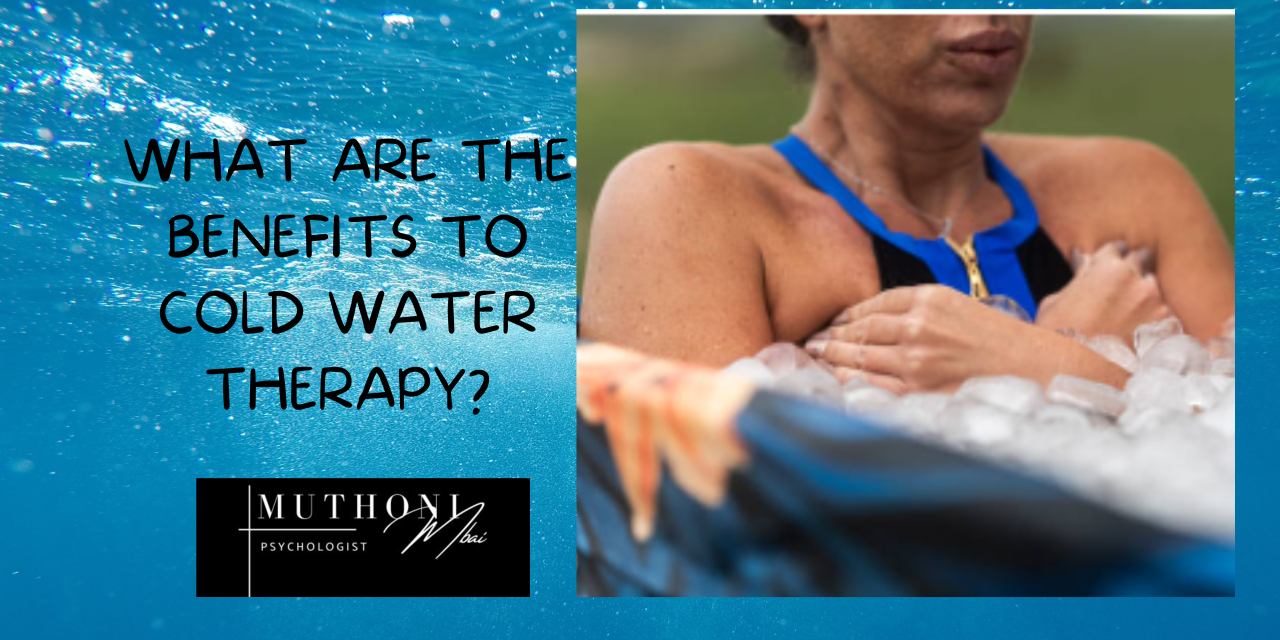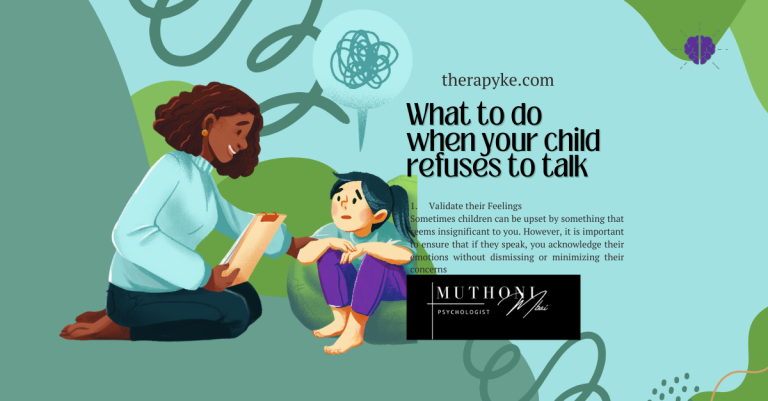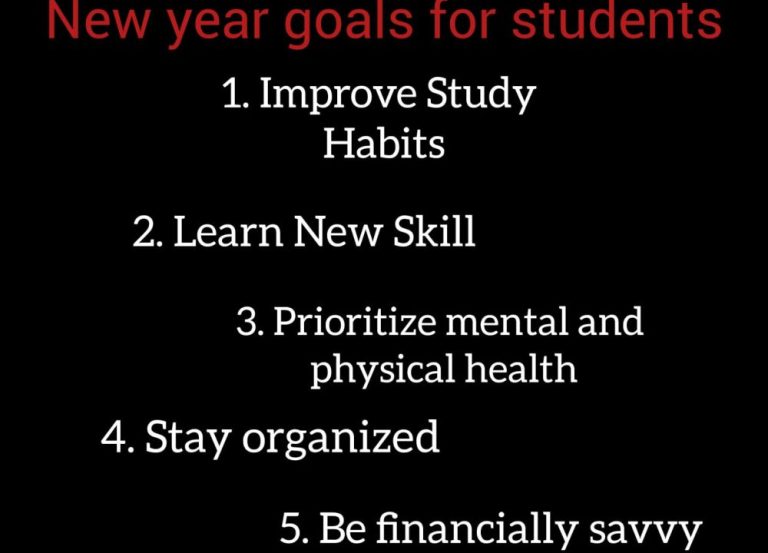
What Are the Benefits to Cold Water Therapy?

Cold water therapy, particularly ice-cold water immersion, is gaining popularity across the globe. From athletes plunging into ice baths to influencers touting cold showers on social media, this practice is making waves for its purported health benefits. Yet, many still question its validity.
The first time I heard of it was on social media. My immediate reaction was, “Not for me. I hate cold. I’m always struggling to keep warm—always struggling to stop shivering, even when everyone else seems to handle the cold just fine.”
What really are the benefits of cold water therapy? We often discuss improving our mental health and trying new methods to achieve well-being. If cold water therapy is one of those methods, should you give it a shot?
This article dives into the psychological benefits of cold water therapy and whether it’s worth trying or avoiding altogether.
What Are the Psychological Benefits of Cold Water Therapy?
Cold water therapy isn’t just a trendy buzzword—it’s increasingly being recognized for its potential to boost mental health. Here’s how it can affect your psychological well-being:
- Improved Mood: Submerging yourself in cold water triggers a release of endorphins, also known as the “happy hormones.” This natural mood elevator can provide a sense of euphoria, helping combat feelings of sadness and stress.
- Reduced Symptoms of Anxiety and Depression: Cold exposure activates the sympathetic nervous system, which can help regulate stress responses. Regular cold water immersion has been linked to a reduction in symptoms of mild to moderate depression and anxiety.
- Increased Resilience: Cold exposure teaches your body to handle stress better. When you face the initial shock of cold water and adapt to it, you’re training your mind to remain calm in challenging situations, promoting mental toughness.
- Enhanced Focus and Alertness: The shock of cold water activates your fight-or-flight response, which increases heart rate and circulation. This boost in alertness can help you feel more focused and present throughout your day.
What Does Cold Water Therapy Do to Your Body?
While the psychological benefits are significant, cold water therapy also has profound physical effects:
- Reduces Inflammation: Cold water immersion can reduce muscle soreness and inflammation, making it a favorite recovery method for athletes.
- Boosts Circulation: The constriction of blood vessels during cold exposure forces blood to circulate more efficiently, promoting overall cardiovascular health.
- Strengthens the Immune System: Regular cold exposure may increase the production of white blood cells, improving your body’s ability to fight off illness.
- Increases Metabolism: Cold exposure activates brown fat, which generates heat and burns calories, potentially aiding in weight management.
What Happens After 30 Days of Cold Showers?
If you’ve ever considered taking up a 30-day cold shower challenge, here’s what you might experience:
- Improved Mental Clarity: Many participants report feeling more energized and mentally sharp after a month of cold showers.
- Better Stress Management: Over time, the initial discomfort of cold showers can teach you to stay calm under pressure, translating to improved stress resilience in daily life.
- Enhanced Skin and Hair Health: Cold water is less likely to strip your skin and hair of natural oils, leaving them feeling healthier and more vibrant.
- Consistent Mood Boosts: Regular exposure to cold water may create a cumulative effect on your mood, making you feel more positive overall.
How Long Do You Have to Be in Cold Water to Get the Benefits?
The duration required to experience benefits from cold water therapy varies, but even short exposure can make a difference. Here’s what experts suggest:
- For Mental Benefits: Just 2-3 minutes of cold water immersion or a cold shower can be enough to release endorphins and improve your mood.
- For Physical Recovery: Athletes often immerse themselves in ice baths for 10-15 minutes to reduce inflammation and soreness.
- For Overall Wellness: Consistent exposure of 5-10 minutes several times a week can help you reap long-term benefits, such as improved circulation and stress resilience.
How Long Should You Stay in Cold Water Therapy?
Staying in cold water for too long can be dangerous, so it’s crucial to know your limits. Here are some guidelines:
- Beginners: Start with 1-2 minutes of exposure and gradually increase your tolerance.
- Intermediate Practitioners: Once your body adapts, aim for 5-10 minutes per session, ensuring you’re still comfortable and safe.
- Advanced Users: Some experienced individuals can tolerate longer sessions, but always listen to your body and avoid staying in cold water for more than 20 minutes to prevent hypothermia.
Precautions and Dangers: What to Consider Before Trying Cold Water Therapy
While cold water therapy offers numerous benefits, it’s not without risks. Here’s what you should keep in mind:
- Potential Dangers:
- Sudden cold exposure can shock your system, increasing the risk of heart attack or arrhythmia, particularly in individuals with pre-existing heart conditions.
- Prolonged exposure may lead to hypothermia or frostbite.
- Who Should Avoid It:
- Pregnant individuals, those with cardiovascular issues, or anyone with Raynaud’s disease should consult a doctor before attempting cold water therapy.
- Preparation Tips:
- Start with cold showers before transitioning to full-body immersion.
- Ensure you’re in a safe environment, with someone nearby if needed.
- Warm up gradually after your session to avoid sudden changes in body temperature.
In Conclusion
Cold water therapy offers a range of benefits, particularly for mental health. Whether it’s improving mood, reducing anxiety, or enhancing resilience, it’s worth considering as part of a holistic approach to well-being.
However, it’s essential to weigh the risks, take precautions, and listen to your body to ensure a safe and rewarding experience. If you’re ready to take the plunge, start small and see how this practice can transform your mind and body.



